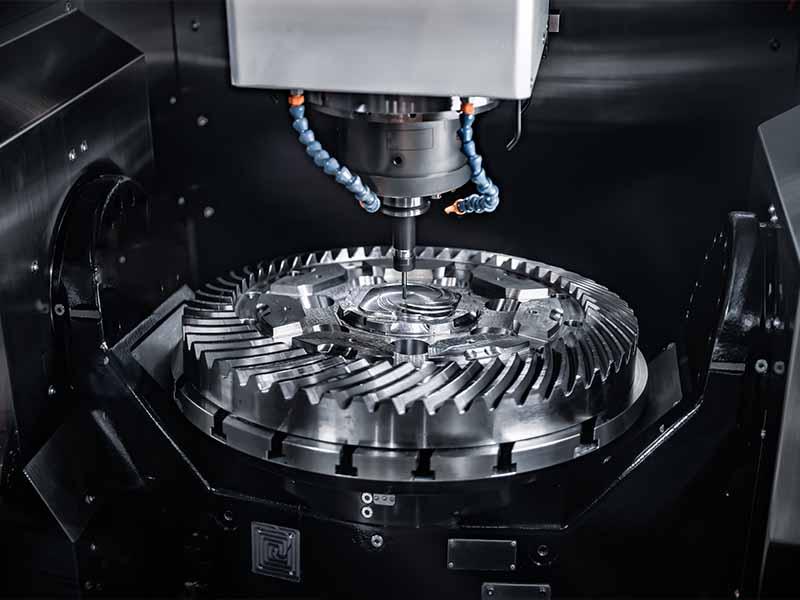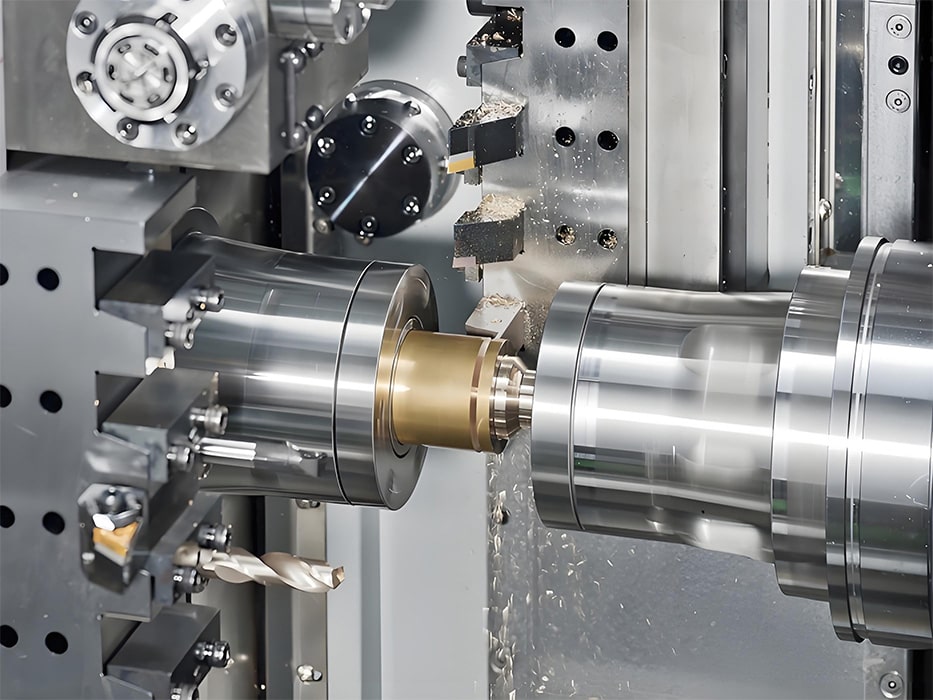CNC Machining Services: Precision and Innovation in Trendy Manufacturing
CNC Machining Services: Precision and Innovation in Trendy Manufacturing
Blog Article
CNC Machining has transformed manufacturing industries, offering the most precise and effective method for producing parts and other components for many different sectors. It is a cutting-edge technology that uses computer-controlled machines to carry out cutting drill, milling and many other actions on material types like metals plastics, as well as wood. The level of precision obtained by CNC machine is unrivalled which allows complex designs to be executed at a high level of accuracy. With the replacement of manual work by automation, CNC machines have significantly reduced the likelihood that human error will occur and has also improved manufacturing speed. The combination of precision and efficiency has made CNC machine machining an integral component of the modern manufacturing process.
The core feature of CNC Machining is the capacity to convert digital models into tangible parts. Using computer-aided design (CAD) software designers and engineers create precise 3D models of the desired component. Digital designs are translated into precise instructions, which is known as "G-code," which the CNC machine is able to follow in order to carry out tasks like cutting, drilling, or milling. The digital control system allows for an extremely high degree of precision that manual machining could never achieve. Also, when a plan is integrated into the machine it is able to be reproduced with perfect consistency, producing identical parts in large quantities with no manual adjustments. It's crucial for repeatability in all industries where precision as well as consistent production are important.
The efficiency is another advantage of CNC cutting. Once the design has been encoded into the machine it can run automatically and perform multiple tasks with no need for personal intervention. Automatization results in quicker production and better certainty in the high quality of the parts produced. In addition, CNC machines can operate at a constant rate, which means that producers are able to produce components around every minute, thereby making production more efficient. As opposed to traditional methods of machining, which require skilled machinists to manually control the tools, CNC machining offers a considerable reduction in costs for labor as well as the possibility of human error, making it a cost-effective solution for large-scale production.
CNC Machining's flexibility is yet another reason it has become an essential component of manufacturing today. This technology is compatible using a range of materials, from heavy metals such a titanium or stainless steel through to lighter plastics and wood. This makes CNC machining suitable for making parts that can be used in diverse industries for example aerospace, automotive electronic, medical and consumer goods. Additionally, CNC machines can perform multiple operations like cutting, milling drilling, engraving, and even 3D contouring, all with a single configuration. Multifunctionality eliminates the requirement for multiple machines and part transfer, further enhancing efficiency. If you are making a prototype, or producing large batches of parts, CNC machining offers the flexibility to meet diverse needs in production. To get added information please see this additional reading
While it is a great tool, CNC processing isn't without its difficulties. The biggest obstacle for many firms, specifically smaller and mid-sized businesses in the beginning is the investment that is required. CNC machines can be more costly as compared to traditional machining tools plus there's the cost of custom software maintenance and training to consider. However, the long-term benefits--such like lower costs for labor as well as faster cycles of production as well as improved quality of the part--usually justifies the initial cost. Additionally, the rise of CNC machine service providers permits firms that don't have enough capital to buy their own machines to take advantage of this technology. The service providers are able to create special parts as needed and provide a cost-effective option to businesses who require precision machining without the upfront costs.
The negative environmental impacts on the environment CNC manufacturing is another factor worth taking into consideration. Though traditional manufacturing techniques typically produce a large amount of waste material, CNC machines are known for their high efficiency. Through precise cutting and shaping the raw materials used in manufacturing, CNC machining minimizes waste by minimizing both costs for materials and environmental footprint. In addition, automation in CNC machines helps reduce energy use as compared to manual machining. Many modern CNC machines are also designed to be sustainable, using energy-efficient motors and systems to further reduce their carbon footprint. This is what makes CNC machining an environmentally friendly choice for companies looking to reduce waste and conserve resources.